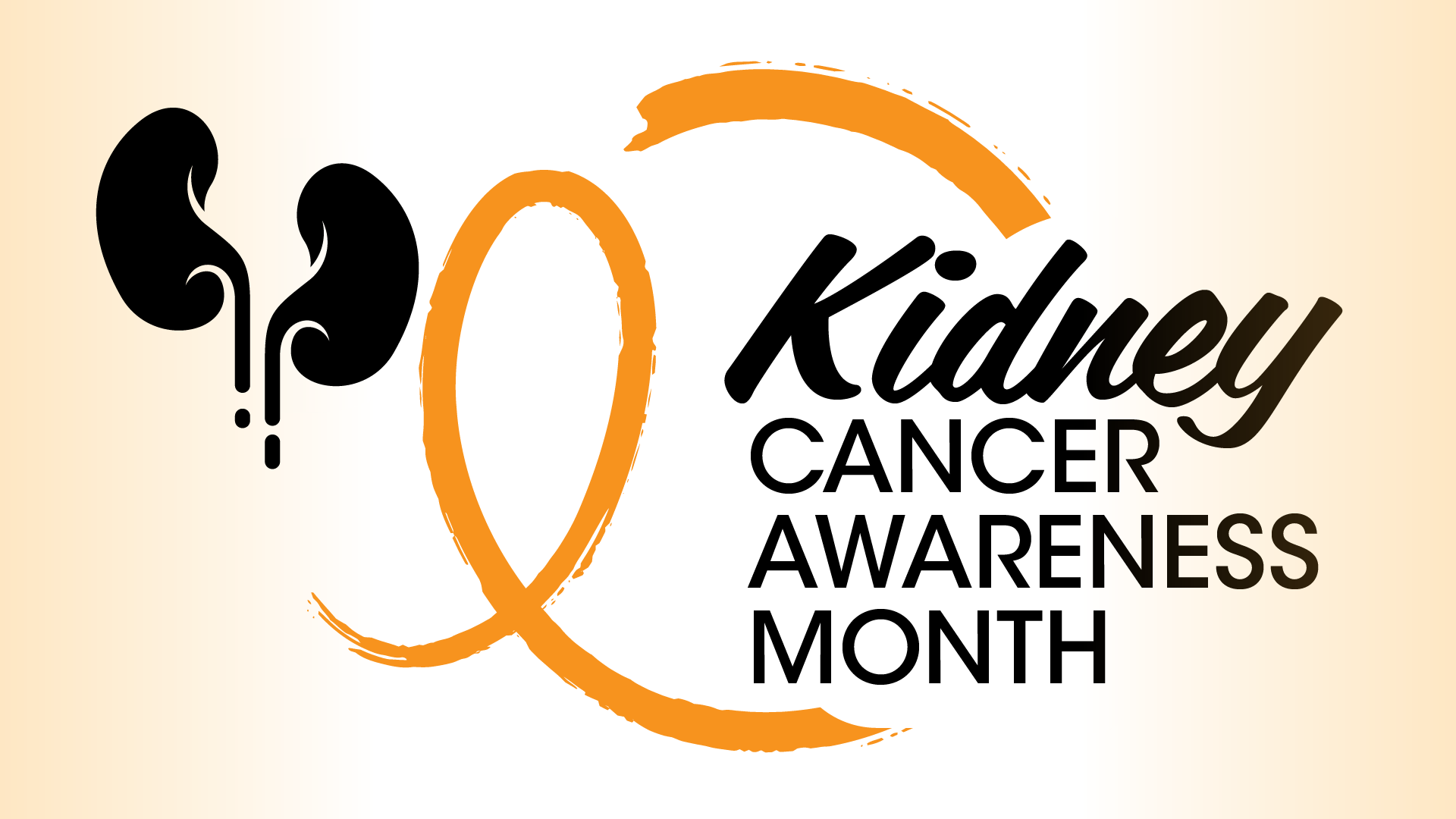
Drug-Free Management Tools Provide Alternatives to Opioids in Kidney Cancer

An expert from University Hospitals touches on pain management guidelines that highlight moderate evidence in support of acupuncture, reflexology, and acupressure and massage as tools to manage general pain in patients with cancer.
During
Although there was only moderate evidence supporting techniques such as acupuncture and reflexology in the management of general cancer pain and musculoskeletal pain, Rao, medical director of integrative oncology for University Hospitals Connor Whole Health and president-elect for the SIO, stated that these integrative strategies could be a safe alternative for managing pain compared with opioids.
Transcript:
I’ll go over the pain guidelines; it was pretty conservative. Although we may expand these guidelines in the future or the evidence might be more robust, it was really a statement of where we’re at right now. For general cancer pain, there was moderate evidence for the use of acupuncture, reflexology, or acupressure and massage. There was weak evidence for things like yoga and guided imagery.
For neuropathy, there was weak evidence for acupuncture, reflexology, or acupressure. For procedural pain, hypnosis had moderate evidence. For pain during palliative care, massage had moderate evidence. For surgical pain, acupuncture and music therapy had weak evidence.
You contrast [the guidelines] with the fact that these [therapies] are extremely safe. My interest in this kind of approach is that the contrast to using these modalities is to usually use opioids, which have lots of potential [adverse] effects. If you can potentially reduce opioid use with all their [adverse] effects, even if it’s just limiting the amount of opioid use, then that’s a win. You’re not going to get [adverse] effects from music therapy or massage, for example. And we have guidelines around that; it’s important for people to be educated on the safety guidelines when we use these things. That has been really useful.
Reference
Mao JJ, Ismaila N, Bao T, et al. Integrative medicine for pain management in oncology: Society for Integrative Oncology-ASCO guideline. J Clin Oncol. 2022;40(34):3998-4024. doi:10.1200/JCO.22.01357
Newsletter
Stay up to date on recent advances in the multidisciplinary approach to cancer.





































